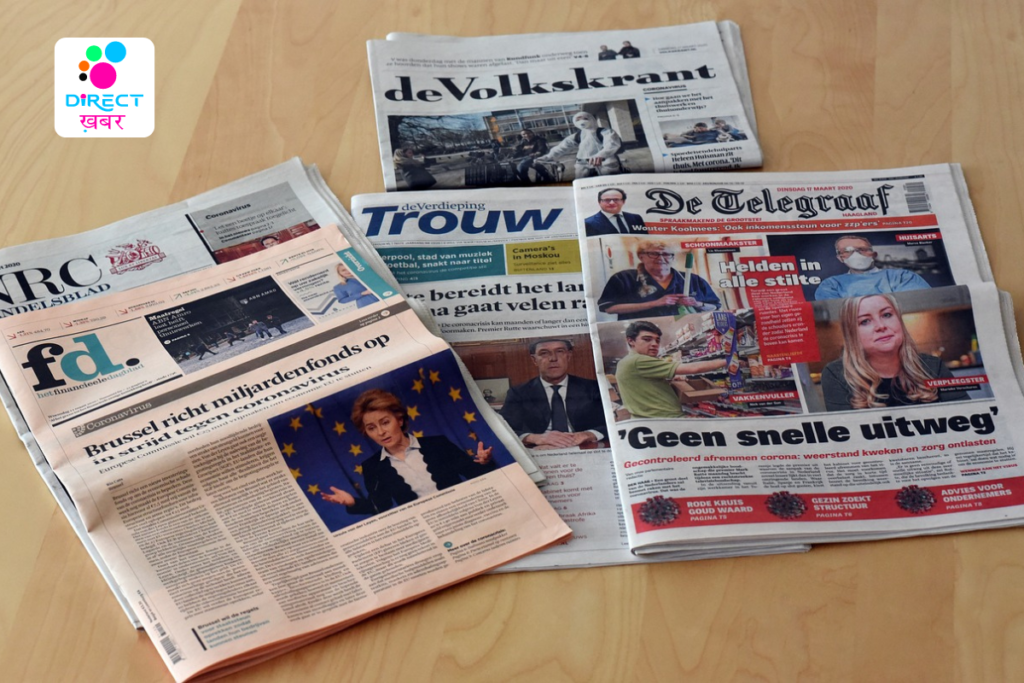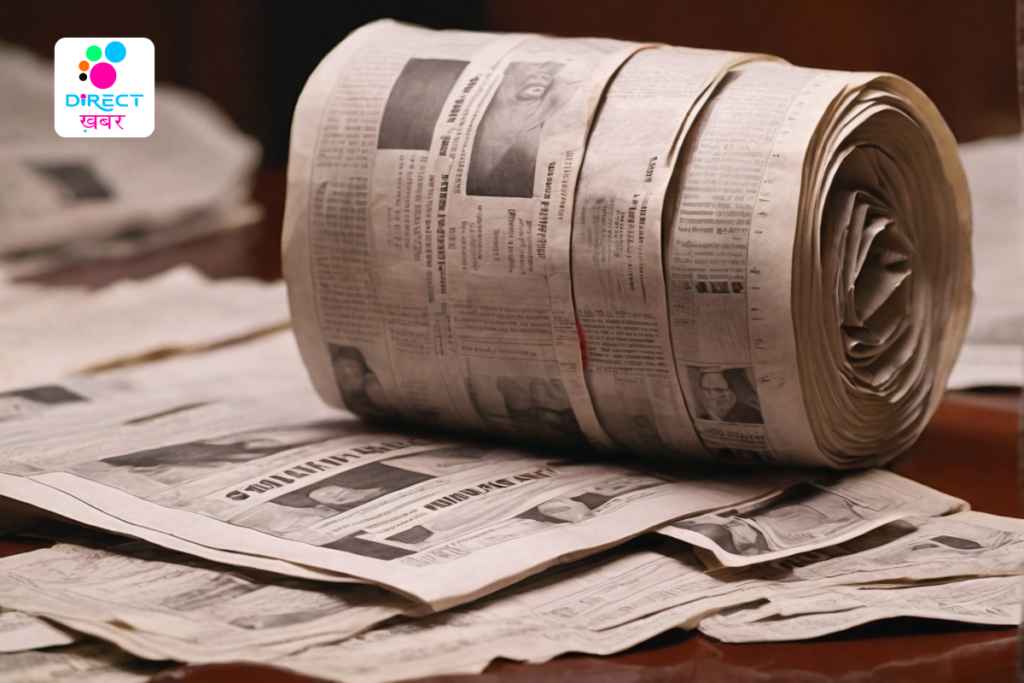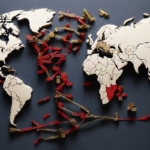Raising Awareness: The Role of Media in Exposing and Combating Corruption
Corruption, a scourge that plagues societies worldwide, undermines trust in institutions, distorts economic development, and erodes the fabric of democracy. In this fight against corruption, the Communications stands as a potent ally, wielding the power to expose wrongdoing, hold authorities accountable, and foster transparency. This essay delves into the multifaceted role of the Communications in raising awareness, uncovering corruption, and contributing to anti-corruption efforts.
The Power of Media in Raising Awareness:
Media platforms, ranging from traditional newspapers to digital outlets and social media, play a pivotal role in raising public awareness about corruption.
Through investigative journalism, documentaries, and opinion pieces, Communications organizations educate the public about the detrimental effects of corruption on society.
By highlighting real-life examples and case studies, they illuminate the ways in which corruption hampers economic progress, undermines social justice, and perpetuates inequality.

Exposing Corruption Through Investigative Reporting:
Investigative journalism serves as a powerful tool for uncovering corruption and holding perpetrators accountable.
Journalists delve deep into complex issues, follow leads, and unearth evidence of malfeasance, whether it’s embezzlement by public officials, bribery scandals involving corporations, or fraudulent practices within financial institutions.
Through meticulous research and fearless reporting, investigative journalists shine a spotlight on corruption, bringing it to the forefront of public discourse and prompting action from authorities.
Challenges Faced by Journalists:
However, the pursuit of investigative journalism in the realm of corruption is not without its challenges. Journalists often face intimidation, harassment, and even violence from those seeking to conceal their illicit activities.
Legal threats, censorship, and financial pressures pose additional obstacles to investigative reporting. In some cases, Communications organizations may struggle with limited resources and editorial constraints that impede their ability to pursue in-depth investigations.
Despite these challenges, courageous journalists continue to risk their safety and livelihoods to expose corruption and uphold the principles of transparency and accountability.
Role of Whistleblowers and Leaks:
Whistleblowers and leaks also play a crucial role in uncovering corruption and bringing it to the attention of the media and the public. Individuals within organizations or government agencies who witness wrongdoing may choose to come forward with evidence, often at great personal risk.
Through whistleblowing, insiders provide journalists with valuable information that can corroborate investigations and expose corruption from within.
Notable examples include whistleblowers like Edward Snowden, Chelsea Manning, and Reality Winner, whose disclosures shed light on government surveillance, military operations, and corporate misconduct.
The Impact of Media Exposes:
Media exposés of corruption can have far-reaching consequences, sparking public outrage, triggering official investigations, and catalyzing reforms.
High-profile scandals covered extensively by the media have led to the resignation or removal of corrupt officials, the prosecution of wrongdoers, and the implementation of new anti-corruption measures.
Additionally, media scrutiny can serve as a deterrent, dissuading individuals and organizations from engaging in corrupt practices for fear of exposure and public backlash.
Promoting Transparency and Accountability:
Beyond exposing corruption, the media plays a crucial role in promoting transparency and accountability within institutions. Through investigative reporting, public scrutiny, and editorial commentary, media organizations hold governments, businesses, and other entities accountable for their actions.
By demanding access to information, challenging official narratives, and scrutinizing the conduct of public officials, the media acts as a watchdog, ensuring that power is not abused and that decisions are made in the public interest.

The Role of International Media and Collaboration:
In an increasingly interconnected world, international media outlets and collaborative networks play a vital role in exposing cross-border corruption and promoting global transparency initiatives.
Through investigative partnerships, data sharing, and coordinated reporting efforts, journalists from different countries work together to uncover transnational corruption schemes, track the flow of illicit funds, and hold multinational corporations accountable for their actions.
Organizations such as the International Consortium of Investigative Journalists (ICIJ) have spearheaded groundbreaking investigations, such as the Panama Papers and the Paradise Papers, which exposed the hidden wealth and offshore tax havens used by the global elite to evade taxes and launder money.
The Need for Media Integrity and Ethical Standards:
While the media serves as a critical force for transparency and accountability, it is essential to uphold integrity and ethical standards in journalistic practice.
Sensationalism, bias, and misinformation can undermine the credibility of media reporting and detract from efforts to combat corruption.
Journalists must adhere to principles of accuracy, fairness, and impartiality, rigorously fact-checking their sources and providing balanced coverage of complex issues. Moreover, media organizations should strive to maintain editorial independence, free from undue influence or interference from political or corporate interests.
The media plays a central role in exposing and combating corruption, serving as a catalyst for change and a champion of transparency and accountability. Through investigative journalism, whistleblowing, and collaborative efforts, media organizations shed light on corruption, hold perpetrators accountable, and empower citizens to demand accountability from their leaders.
However, to fulfill its potential as a watchdog and guardian of democracy, the media must uphold the highest standards of integrity, independence, and ethical conduct. Only by working together can journalists, civil society, and concerned citizens effectively combat corruption and uphold the principles of justice and equality






